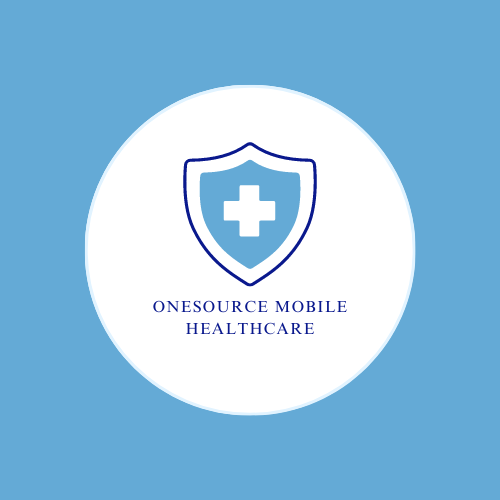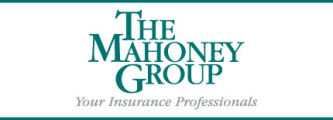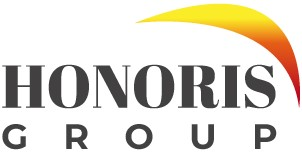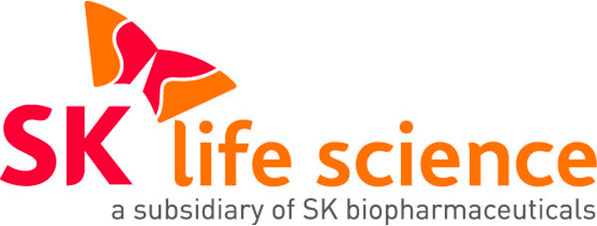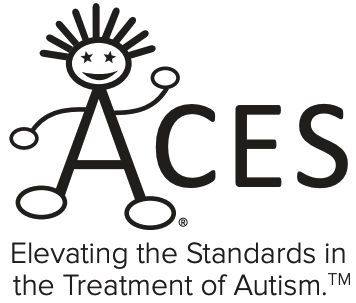THURSDAY - THE FUTURE OF EMPLOYMENT SERVICES - CHANGES ARE COMING
Employment services for individuals with intellectual and developmental disabilities are changing, and need to change. While Arizona has a great national reputation for its services to the I/DD community, there has been a lack of focus on services that will help individuals to be as fully employed as they can be and as they want to be. However, many changes are happening at the federal level that are forcing the state and employment service providers to take a better look at how we can improve employment services in Arizona.
In this session, you will hear from representatives of the Division of Developmental Disabilities on what its work with the National State Employment Leadership Network and what the agency is looking to do to improve integrated employment outcomes for their program members. You will also hear from representative of Vocational Rehabilitation Program on federal changes that are impacting employment services as well as internal focuses to improve the program’s goal to prepare persons with disabilities for, enter into or retain employment. You will also hear from the Arizona Health Care Cost Containment System (AHCCCS) as the agency begins to implement federal rule changes for home and community based services - changes that will impact employment services throughout the systems.
We will be sure to leave plenty of time for dialogue and Q&A as this session will likely bring up a host of comments. If you have not been following the future of employment services, be sure to join us for this update and discussion.
Presenters
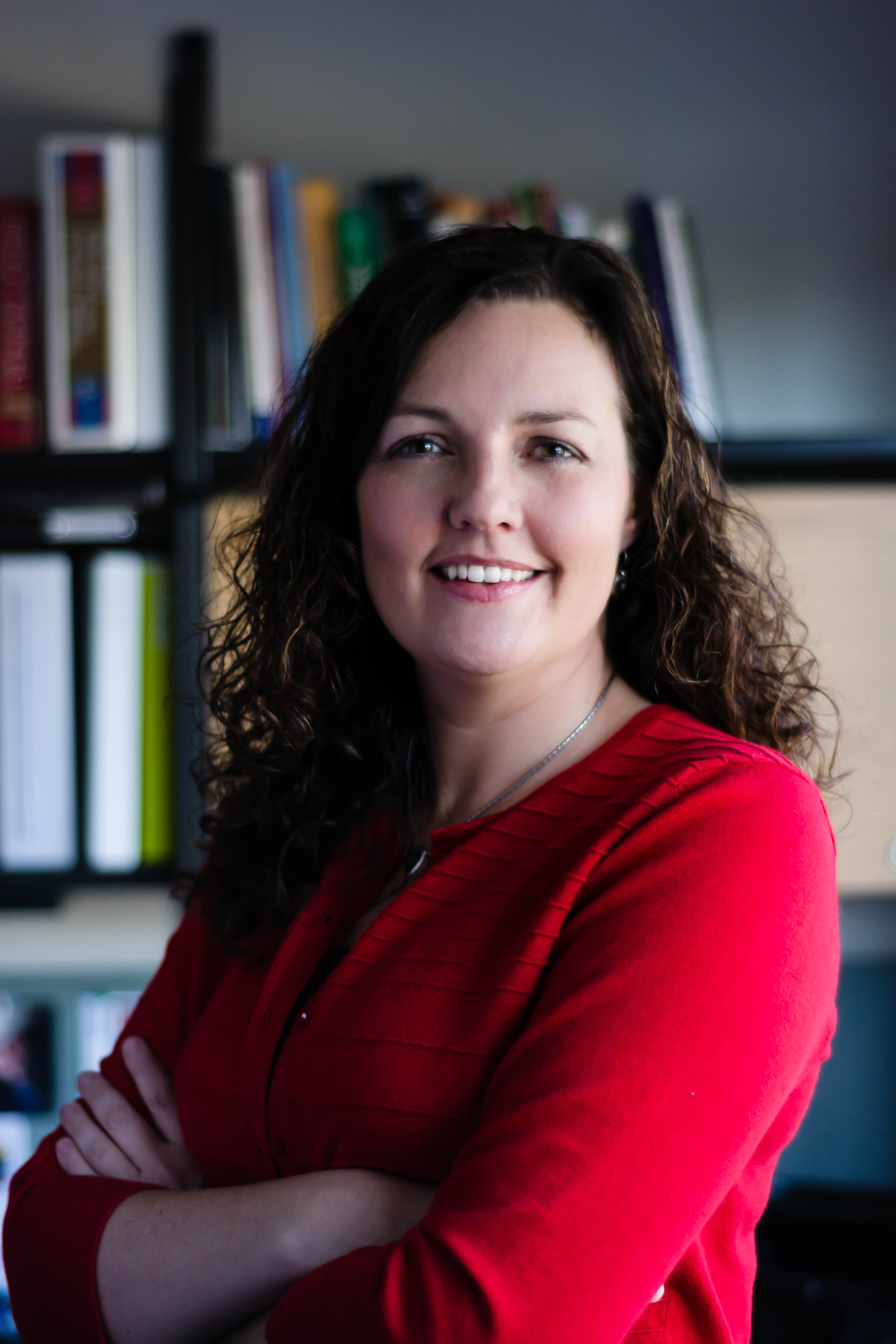
Kristen Mackey, Administrator, Rehabilitation Services Administration, DES
Kristen earned her undergrad degree in Exercise Science from ASU and went on to earn a Master's degree in Rehabilitation Counseling from San Diego State University. Kristen currently holds a Certification in Rehabilitation Counseling. Throughout her career, Kristen has worked with individuals across their lifespan in a variety of rehabilitation settings including early intervention, inpatient psychiatric facility, acute and outpatient rehabilitation, and state vocational rehabilitation program. Ms. Mackey has also worked in the administration of programs that provide services to individuals with disabilities as a referral coordinator, grant writer, and program manager. Ms. Mackey began her career with Rehabilitation Services Administration (RSA) as a vocational rehabilitation counselor, working with the transition population in 2007. Ms. Mackey in the policy unit for several years prior to moving into the role of Administrator for RSA programs.

Brandi Coffland, Policy and Support Unit Manager, DES Rehabilitation Services
Brandi Coffland is the Manager of Policy and Support for the Arizona Rehabilitation Services Administration (RSA). She has been with RSA for approx. six years and has worked as a Vocational Rehabilitation Counselor, Policy Specialist, and Assistant Manager of Policy. Brandi has been actively involved in helping Arizona RSA understand and implement the Workforce Innovation and Opportunity Act (WIOA), including the new requirements regarding subminimum wage employment. Prior to joining RSA, Brandi worked for Child and Family Support Services (CFSS) as a Direct Support Coordinator and Direct Support Specialist. In both roles, she and her team helped young adults with an SMI designation increase their independence and employment opportunities through the coordination and provision of individualized services.

Margaret Corcoran, Division of Developmental Disabilities
.jpg)
Maureen Casey, Assistant Director, Division of Developmental Disabilities
.jpg)
Adam Robson, Employment Administrator Chairperson, Governor’s State Rehabilitation Council, Arizona Health Care Cost Containment System (AHCCCS)
Adam has been employed in his current position as the Employment Administrator since November, 2009. He started with the Arizona Department of Health Services/Division of Behavioral Health Services (ADHS/DBHS), but with the merger in 2016, he is currently employed with the Arizona Health Care Cost Containment System (AHCCCS). Historically, Adam was in charge with the oversight of employment services and programs for members enrolled in the Regional Behavioral Health Authorities (RBHAs) and Tribal Regional Behavioral Health Authorities (TRBHAs), but with the merger, he currently oversees employment services and programs for all AHCCCS-eligible members, not just Behavioral Health. Since August, 2016, Adam has had the privilege of being the Chairperson of the Governor’s State Rehabilitation Council, a council that was created in 1993, through the Rehabilitation Act, as amended in 1992, for the purpose of advising the Vocational Rehabilitation program in the development, implementation, evaluation, and review of innovative rehabilitation services and programs. He has worked with members with Serious Mental Illness in some capacity since 1999. He is a 1998 graduate of Arizona State University.
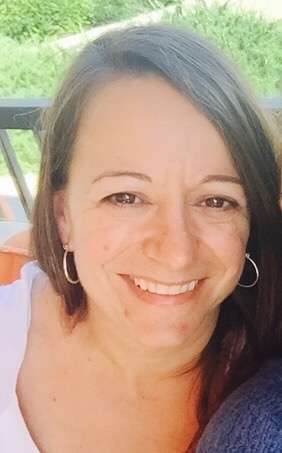
Susan Voirol, Program Manager for the Sonoran UCEDD working on Employment First and Transition Initiatives
Susan Voirol has worked in the field of disabilities for over 17 years. She received her undergraduate degree from Indiana University in Human Development/Family Studies, and later earned her Maters degree in Social Work from Arizona State University. Prior to her current role with the University of Arizona as a Program Manager for the Sonoran UCEDD working on Employment First and Transition Initiatives, she was a Transition Specialist for the AZ Department of Education. She has also held roles as a Transition Coordinator for a local school district, a Vocational Rehabilitation Transition Counselor, as well as an employment specialist for a local agency. She has nearly spent her entire career working to improve outcomes for individuals who have disabilities.
Breakout Session 1:
Mastering the Art of Self-Care (and How to Fit It into Your Busy Life) - Exclusive tips, techniques, and strategies designed specifically for Direct Support Professionals
Direct Support Professionals’ (DSPs’) jobs come with high levels of stress and significant demands on their time. They often neglect the very people who should come first – themselves. This workshop is designed to empower the DSP and help them manage their stress, time, and well being.
In this session, presenter Shawn Bradford will show attendees how to use their natural gifts to fill up their own energy tanks with power statements, breath work, and imagery to discover clinically proven strategies to calm and balance the body and mind. Join Shawn to: learn how to identify and combat barriers to self-care; get practical tips on how to find time and incorporate self-care into your daily routine; discover breathing and movement techniques to release unwanted tension; and learn best practices for managing the adrenaline rush and intense emotions that often come with the job.
*1.5 continuing education hours will be offered upon completion of this breakout session.
Presenters
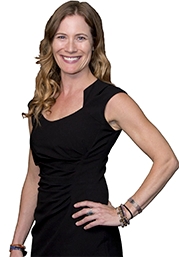
Shawn Bradford
Shawn Bradford, founder of Breathe and Work, empowers individuals and businesses by providing them with tools and strategies to effectively manage their stress.
Through customized workshops, dynamic speaking engagements and inspiring keynotes Shawn teaches how the scientifically backed strategy of breath awareness, mindful movement and clarity tools promote well being and positively impacts our lives. Shawn demonstrates how these tools can successfully be implemented and weaved into our everyday lives to increase our wellness and decrease stress.
Breakout Session 2:
Personal Leadership for All in Times of Change: Using your role as a DSP, supervisor, manager or CEO to influence positive transformation
Change is upon us and the future of how we support others is uncertain, however, anyone can be a leader, regardless of their job title. Demonstrating leadership over time increases one's chances of making a difference. In order for social role valorization, universal enhancements, PBIS, and other concepts to be effective, it takes a great deal of commitment from all levels of care. Whether you are a DSP, a manager, or a CEO, it's up to you to lead by your actions as well as your words.
Dr. Davidson will draw on his career with person's who behave in challenging ways and those who support them, to help the audience translate their own values into goal-driven actions that can shape and maintain a culture of care.
*1.5 continuing education hours will be offered upon completion of this breakout session.
Presenters
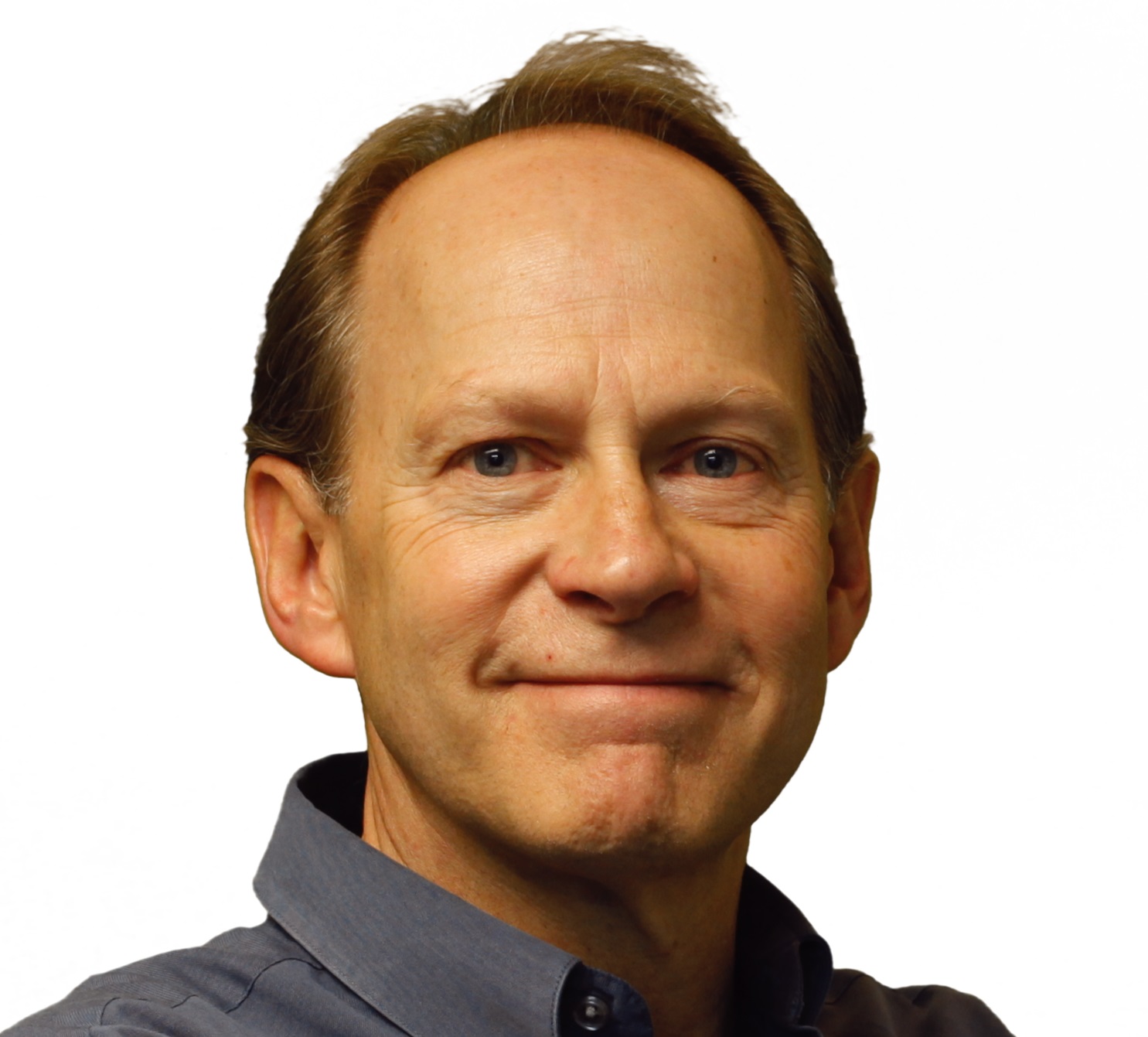
Dr. Dan Davidson
Dr. Dan Davidson is the Director of Program Training for Intermountain Centers for Human Development in Arizona. Prior to that he was the Positive Behavior Support program director at the Institute for Human Development at Northern Arizona University. There he created the state’s first BACB®-approved Graduate Certificate program for behavior analysts. He also directed PBISAz, which is focused on building the state’s capacity to support Head Starts, preschools, schools and districts in their efforts to implement effective and alternative discipline practices.
Dan has worked in K-12 education, residential services, universities, and in private consulting. He has served the field for close to 38 years as direct support provider, school principal, residential services administrator, consultant, university instructor, advocate, and policy shaper. Throughout his career, he has been a tireless advocate for people who behave in challenging ways and are often misunderstood. Many of these individuals are on the autism spectrum, have intellectual or developmental disabilities, and/or behavioral health challenges.
Through his students, his advocacy, his consultation and his example, Dan has translated research to practice for many parents, teachers and other caregivers, helping them reduce challenging behavior, improve relationships, and live up to their own highest expectations.
Breakout Session 3:
Raising the Bar: Enhancing Lives
In this lively and informative session, presenter Tom Pomeranz brings home the point that “habilitation is not a goal – it is a result.” People grow, develop and become more independent as a result of participating in meaningful life activities. Tom details how supports should be delivered to allow individuals with significant cognitive, physical and/or behavioral challenges to participate in all aspects of their life. The session also provides participants with insight as to how our perceptions and expectations serve as barriers in providing support.
Tom will provide strategies that DSPs can use to support people in having a valued life. DSPs can use the tools of Universal Enhancement: - courtesy, humor, listening, respectful language and supported routines to assist the individuals they support in forming relationships and pursuing and achieving their specific goals. The tools of Universal Enhancement are available to all DSPs free of charge, without supervisory permission and consistent with regulations. Tom will explain the four supported routine outcomes (facilitating connections, maximizing independence, enhancing self-worth, and producing self-determination). The promise of opportunity is a reality for all people with disabilities receiving supports when the mantra of the DSP is “If it’s to be – it’s up to me.”
*1.5 continuing education hours will be offered upon completion of this breakout session.
Presenters
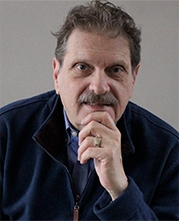
Thomas E. Pomeranz
Dr. Tom Pomeranz is a nationally recognized authority, trainer, clinician and consultant in the field of services for people with disabilities, and is the President and CEO of Universal LifeStiles with offices located in Indianapolis, IN.
Over the last fifty years, Tom has conducted thousands of seminars and programs throughout the United States and Canada. His audiences praise his ability to combine information, humor, passion and storytelling into an informative whole that does not just present the information, but really communicates it in a memorable fashion.
Breakout Session 4:
Applying the NADSP Code of Ethics to Difficult Conversations and Situations
DSPs face ethical decisions on a daily basis and consistently feel the tension between the ideals of the profession and its practice. There are numerous pressures coming from organizations, government, social policy, and societal prejudice that can shift focus and allegiance away from the people who are being supported. The entire landscape of a person’s life can change through ethical and intentional direct support services.
In 2000, the National Alliance for Direct Support Professionals (NADSP) brought together stakeholders to identify the kinds of ethical situations that direct support professionals (DSPs) face and to develop a set of ethical guidelines to resolve ethical dilemmas they face every day and to encourage them to achieve the highest ideals of the profession.
While other professional groups (such as doctors, nurses, service coordinators, and social workers) are directed by clearly defined criteria, the DSP is directed by the person they support. Therefore, the DSP must exemplify ethical practice, high standards, and creative vision as they partner with those they support to access community and make everyday choices.
In order to maintain the promise of partnership and respect that must exist in a supportive relationship, a strong ethical foundation is critical to help DSPs navigate difficult conversations and situations.
Our session moderator, Chris Garcia (Practical Training Solutions) will provide a primer on the NADSP Code of Ethics and assist our panel of experts as they demonstrate how the Code of Ethics applies to difficult situations and conversations they themselves have navigated over the years.
*1.5 continuing education hours will be offered upon completion of this breakout session.
Presenters
.jpg)
Chris Garcia
Chris’ career in the disability community began 19 years ago. He started out providing Direct Support, working in an After School Program in Southern Calif. Chris worked in various settings ranging from Vocational, Group homes and Day programs. As a DSP the majority of his work was a 1:1 with individuals who had high behavioral challenges. Eventually, he supervised one the largest After School Programs for children with disabilities in Southern Calif. In 2003 he moved to Arizona to supervise an After School Program. Chris was soon promoted into an administrative role, where he supervised the enhanced ratio services. During that time he also became their primary staff trainer. Finally in 2008 he moved to Practical Training Solutions to become an Article 9 Master trainer and a Lead Prevention and support instructor.
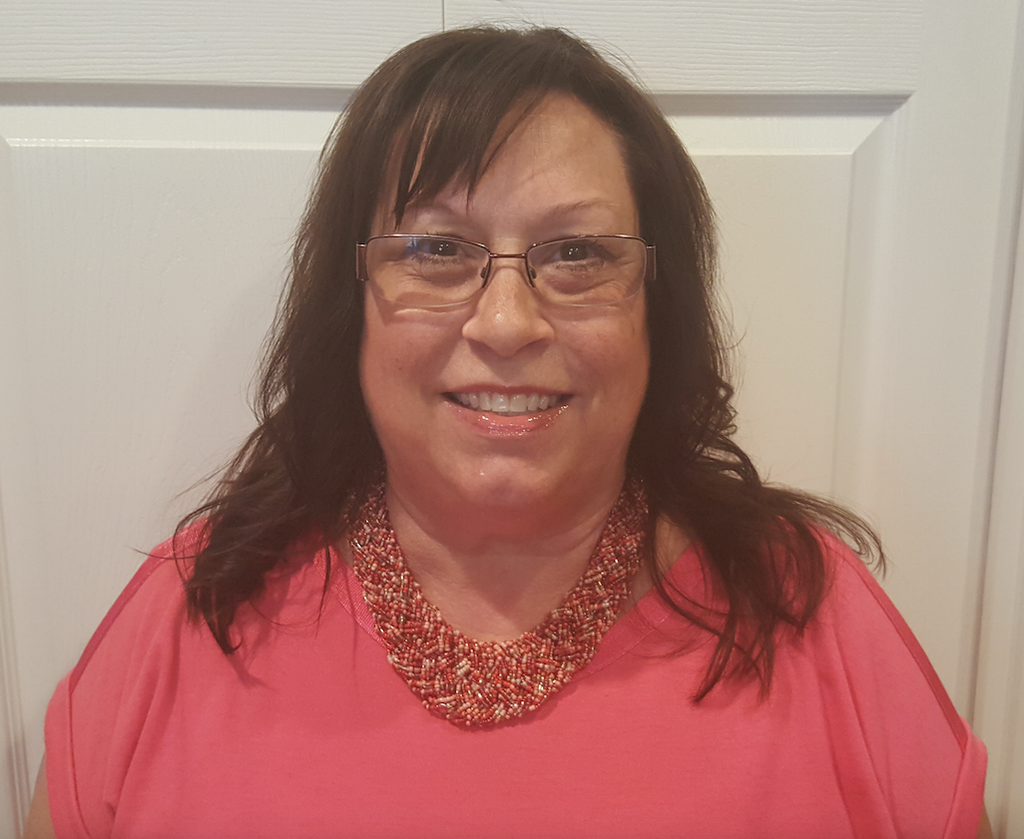
Deborah Lamoree
Deborah Lamoree founded Disability Development Resources in 2004. She is the mother of an adult daughter with a moderate intellectual disability, who receives services from DDD. Her passion for this field stems from 34 years of personal experience with her daughter’s disability and services. Deborah is a proud graduate of Partners in Policymaking and served on the board of The Arc of Tempe for 7 years, with 3 of those being board President. Deborah created and published workshop materials on Relationship Awareness for Individuals with Developmental Disabilities. A portion of the materials can be found in the Full Life Ahead transition workbook. She has served on numerous DDD and special needs committees, and presented her copyrighted materials to audiences across the state such as Raising Special Kids, Arizona Dept. of Education, many parent and special needs planning & advocacy groups, as well as facilitated many Person Centered Plans. Deborah also founded Celebrate! Special Needs Planning to assist families with guardianship, transition, IEP advocacy and SSI issues. One of her greatest joys was putting together a Circle of Friends team that met for over a year to discuss and prepare her daughter for self-sufficiency, disability awareness and independent living. Her daughter has been thriving in her own home for 11 years now. Deborah’s company has been a member of AAPPD for 13 years and she is honored to be part of the leadership team.
.jpg)
Janna Murrell
Janna Murrell became a volunteer with Raising Special Kids in 1998, after experiencing firsthand the value of Parent to Parent support when her son was diagnosed with cerebral palsy. After working with families in the nonprofit arena for 12 years, Janna joined the staff at Raising Special Kids in 2008 as a Family Support Specialist facilitating Parent to Parent Connections. In 2011 Janna became Director of Family Support and Education. Janna and her family fondly refer to her son Tucker as the “rock star” at their home.
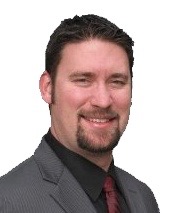
Tyler Burke
Tyler began his career in human services as a Direct Support Professional in early months 2000. After 5 years of providing direct support, Tyler and his two clients left to begin a provider agency contracted of the Division of Developmental Disabilities (DDD.) Over the next 7 years that agency grew into 3-day habilitation (day program) locations and provided in-home services across all of Maricopa and Pinal counties. In early 2013 Tyler shifted his career away from “being” a Provider to now supporting those Providers through various avenues, most recently as the President/CEO of Practical Training Solutions.
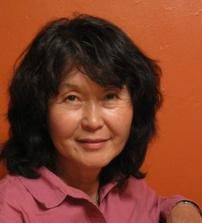
Susan Marks
Susan Marks is the managing attorney for Susan Marks & Advocates. Dr. Marks is a professor of Special Education at Northern Arizona University where she teaches in the Special Education teacher preparation program and coordinates the graduate certificate in Autism. She teaches courses on positive behavioral supports and inclusive education. She is an Autism Specialist and a Board-Certified Behavior Analyst (BCBA-D). Dr. Marks received her Ph.D. from the University of Oregon in 1995 and has worked in the field of special education and developmental disabilities for more than 35 years. During those years, she worked in residential programs, rehabilitation programs, and school programs, with a specific focus on autism and individuals with complex needs. Her advocacy interests led her to pursue a law degree, which she completed in December 2014. She was admitted to the State Bar of Arizona in May 2015.

